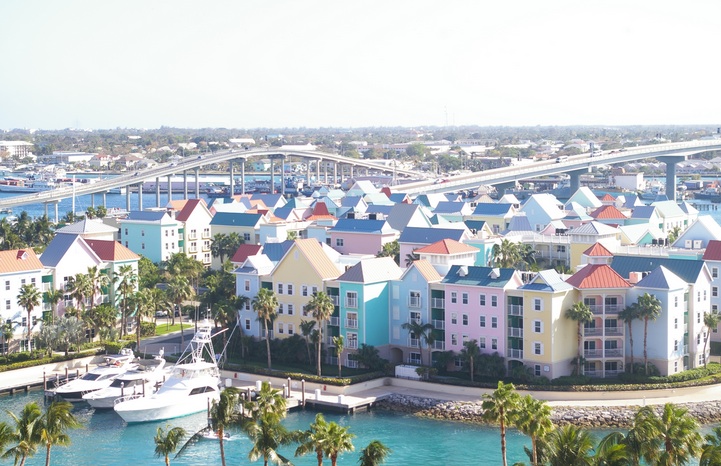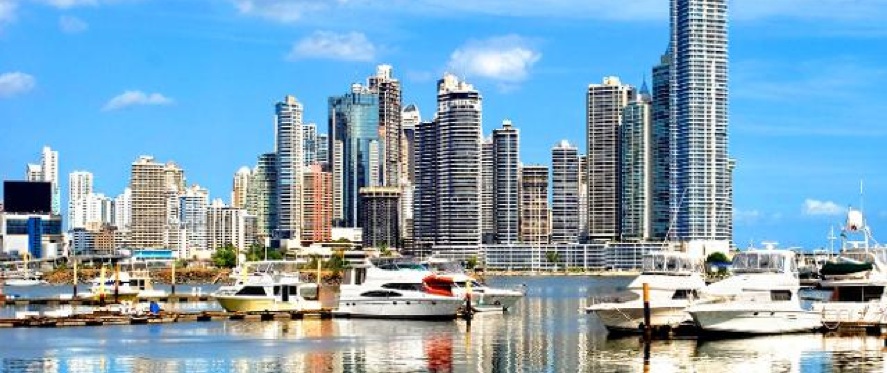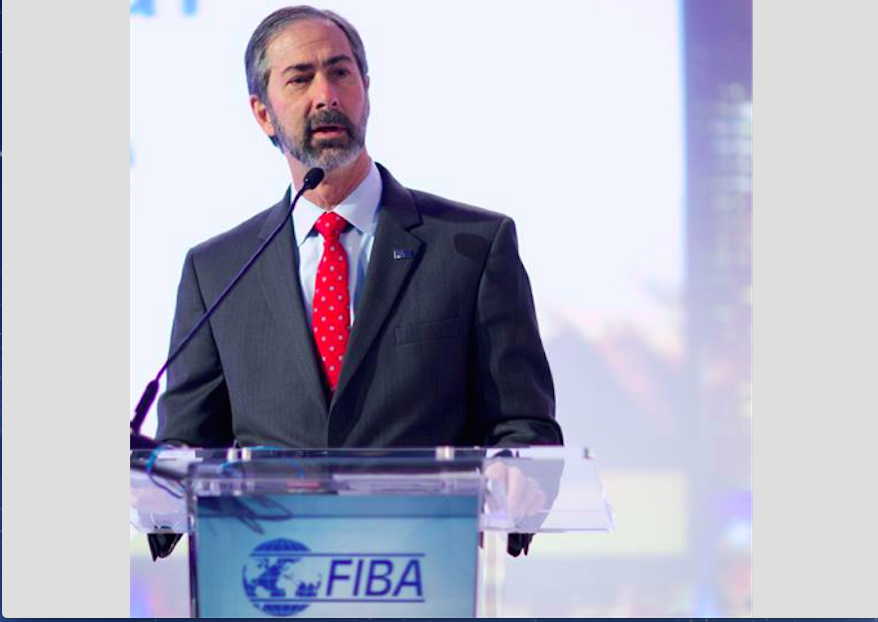While most uses for offshore companies and trusts are legitimate and the International Consortium of Investigative Journalists (ICIJ) does not intend to suggest or imply that any persons, companies or other entities included in the ICIJ Offshore Leaks Database have broken the law or otherwise acted improperly, their publication causes much scandal for those involved.
The latest revelations published by ICIJ reveal fresh information about a series of offshore companies in the Bahamas with the offshore activities of prime ministers, ministers, princes, convicted criminals, the UK’s Home Secretary Amber Rudd, and Neelie Kroes, a prominent former EU commissioner.
The Bahamas, which once sold itself as the “Switzerland of the West,” is a constellation of 700 islands, many smaller than a square mile. It is one of a handful of micro nations south of the United States whose confidentiality laws and reluctance to share information with foreign governments gave rise to the term “Caribbean curtain.”
Mossack Fonseca, the law firm whose leaked files formed the basis of the Panama Papers, set up 15,915 entities in the Bahamas, making it Mossack Fonseca’s third busiest jurisdiction.
In the case of Kroes, the former senior EU official, the records show that she was director of Mint Holdings, from July 2000 to October 2009. The company was registered in the Bahamas in April 2000 and is currently active. However, Kroes, through a lawyer, told ICIJ and media partners that she did not declare her directorship of the company because it was never operational. Kroes’ lawyer blamed her appearance on company records as “a clerical oversight which was not corrected until 2009.” Her lawyer said the company, set up through a Jordanian businessman and friend of Kroes, had been created to investigate the possibility of raising money to purchase assets – worth more than $6 billion – from Enron, the American energy giant. The deal never came off, and Enron later collapsed amid a massive accounting scandal.
The Bahamas has not signed the global treaty that helps countries share tax information. The OECD, the treaty’s governing body, calls it the “most powerful instrument against offshore tax evasion and avoidance.” In August, the number of participants hit 103, which includes tax havens and some of the world’s poorest countries.
Details from the Bahamas corporate registry, along with those of the Panama Papers and the Offshore leaks, are available to the public at the searchable ICIJ Database.



 By Fórmate a Fondo
By Fórmate a Fondo